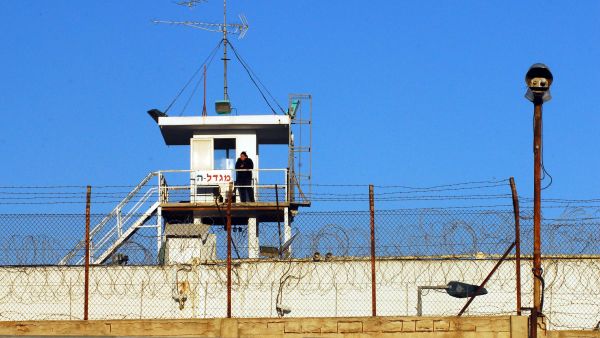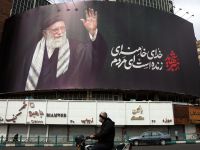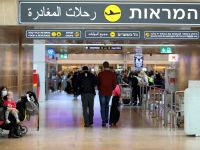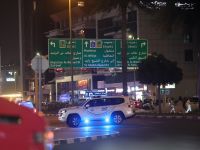ALBAWABA - The Palestinian Prisoners Information Office announced that a number of Palestinian prisoners in Israeli prisons have announced going on a hunger strike in mid-September in protest of the Israeli prison administration’s aggression against them.
The Israeli Prison Service recently escalated its targeting of Palestinian prisoners with a series of raids, the latest being against sections 3 and 4 in the Negev Prison, preceded by a break-in into section 26 several days ago in the same prison, according to a joint statement issued by the Palestinian Prisoners' Club and the Prisoners Affairs Authority. The jail administration also transported a number of detainees to Raymond jail, according to the statement.
According to Israeli Prison Service data received by rights group HaMoked, Israel continues to imprison at least 1,201 Palestinians in administrative detention without charge or trial, the largest number since human rights groups began collecting monthly data in 2001.
Ahmed Al-Qidra, director of the Prisoners’ Information Office, said in a statement: "After the prisoners entered into a collective strike… all Palestinians must announce mobilization and take to the streets in support of the prisoners in their battle against the jailer’s oppression".
Ben Gvir's policies against Palestinian prisoners
Itamar Ben-Gvir, Israel's National Security Minister, visited the Ofer Prison and called for harsher treatment of Palestinian prisoners. "The policy that I'm leading as Minister in Charge of the Israel Prison Service should be known to everyone," he added, adding that "it's begun to be implemented."
His policies include "reducing as much as possible the indulgences" that convicts have access to, as well as "stopping the summer camp' that was previously held in the prison wings".
On Friday, a bill supported by far-right National Security Minister Itamar Ben-Gvir amended a legislation that was about to go into force to allow for the early release of prisoners to relieve overcrowding prisons across Israel. The revisions meant that prisoners jailed on "security" reasons, the vast majority of whom are Palestinian, would continue detained. Just about 120 of the approximately 1,500 detainees were released.







